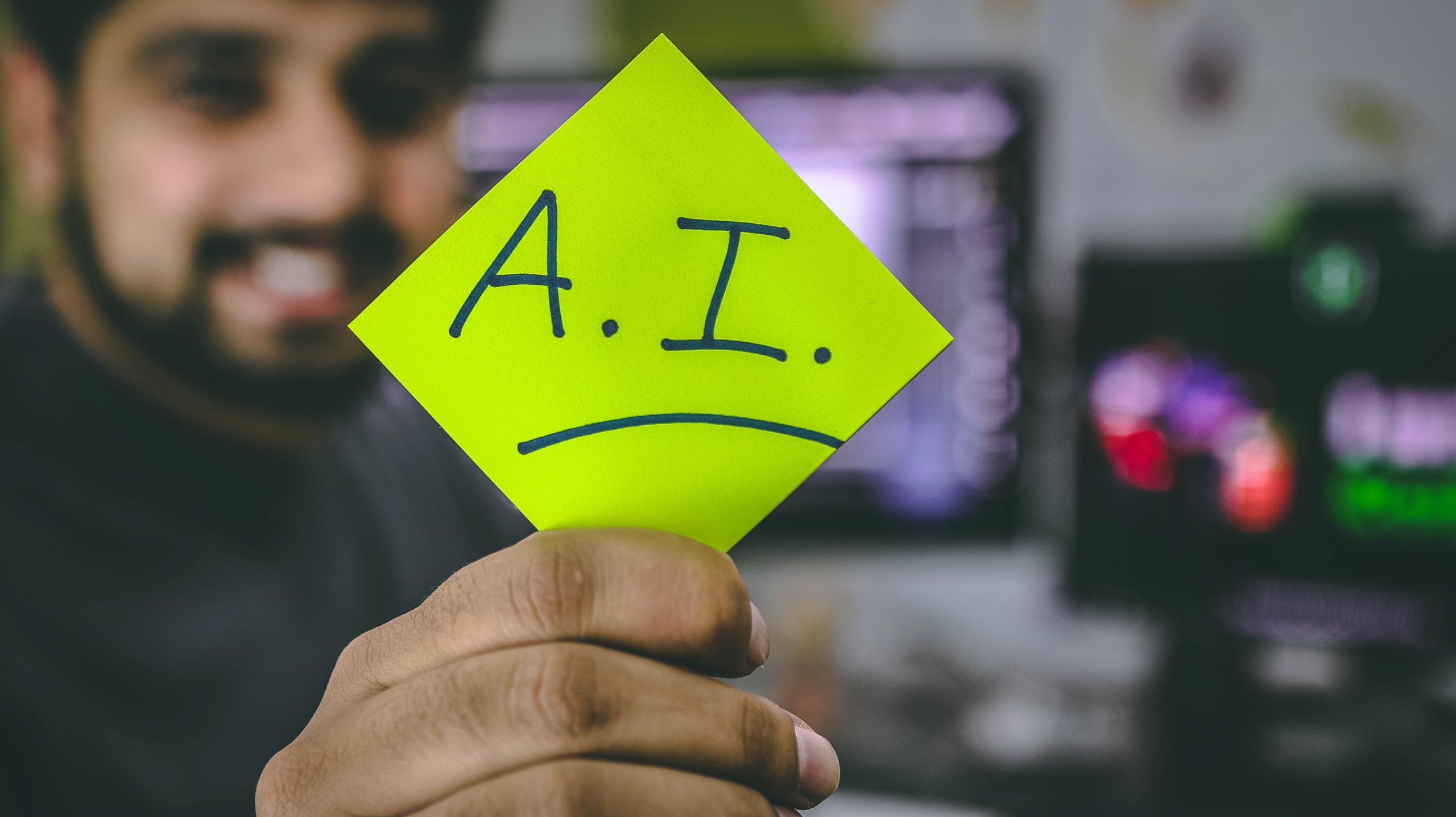At present, discussions around artificial intelligence (AI) are increasingly focused on regulatory and privacy reservations. Whilst it is important to explore these concerns, we should also continue to look at the bigger picture. As generative AI continues to develop, there are lots of beneficial use cases for enterprises, such as improving employee experience and increasing engagement with professional development programmes.
Taking career coaching as an example, we can understand how generative AI is influencing business practices. Generative AI has the potential to augment the human element of HR, increasing efficiencies so that leaders can focus on widening access to people development and delivering an improved employee experience.
Generative AI: a tool to augment human activities
Venture capital firms have invested over $1.7bn in generative AI solutions over the last three years. As funding increases, generative AI providers are able to invest more resources in developing the technology’s capacity, which has in turn expanded its use cases in enterprise settings.
In a business context, generative AI has the power to increase efficiencies and improve processes. It does not act as a replacement for humans, but rather augments their capacity. For instance, it could generate personalised learning recommendations for employees based on the learning content they have interacted with previously. In this example, generative AI provides more pertinent recommendations for the individual, at the same time as it frees up time for HR managers to focus on more complex tasks, thus benefiting both the business and its employees.
The value of research-driven technological interventions
Generative AI remains a relatively new tool for most organisations. Whilst it has been around since the 1960s, in the form of chatbots, it has only been popularised in the last few months, as investment has surged and use cases have been extended outside of only enterprise and into the public domain. As with any relatively novel technology, many leaders are exercising caution with generative AI, testing its potential and assessing its relevance for their operations.
In the career coaching area, AI has the potential to assist, support and enhance the human experience. Digital coaching providers are already applying AI in a variety of areas, including coach matching, content recommendations and predictive usage modelling. The potential of generative AI in the industry remains relatively unexplored, meaning that research initiatives are still testing the boundaries.
For example, the world’s first conversational AI coach was recently launched. It is a non-commercial pilot project designed to identify the potential of generative AI technology, explore its boundaries and understand the implications for the coaching industry. The very existence of such projects, backed by behavioural science and psychological research standards, encourages generative AI to blossom in both an ethical and useful way. This is incredibly powerful, as it gives individuals and businesses alike the agency to contribute to the future of technology in a way that often isn’t the case.
Building a brighter future for employees
Research projects are encouraging generative AI tools to develop in line with business priorities. The full potential of generative AI for HR is therefore still yet to be defined, but we can already identify a number of potential use cases. These include:
- Employee engagement: Generative AI can automate numerous basic employee communications for HR teams, such as welcome emails, birthday messages, and performance feedback. These should always be reviewed by an HR manager, but adding automation to the process can increase efficiencies for this individual.
- Recruitment: During the candidate search process, HR teams could provide data about existing successful hires that will then be used to train the AI model, so that it can create person specifications that are tailored to the business. It could even suggest interview questions based upon the candidate and the job requirements.
- Performance management: Generative AI can help HR teams to track and analyse employee performance data, identify trends and patterns, and suggest actionable insights for improvement.
Ultimately, generative AI’s role within HR is likely to shift as the technology develops. At present, it largely serves as a recommendation engine, using data on employee activity to predict what employees will be looking for in the future. As research projects like AIMY™ continue to evolve, the technology’s potential will expand into other applications like career coaching and professional development. Generative AI should not therefore be feared by HRs, but rather seen as an evolutive tool with significant potential for growth.









